Engage Users with Crowdsourced Translation
 Crowdsource translation is surprisingly useful for products with large and highly-engaged users, but it is not about simply showing your phrases to the users and asking for help. You have to consider the factors such as the turnaround time, the quality as well as any potential trolls. It is not an one-off process, but an on-going one along with your product’s growth.
Crowdsource translation is surprisingly useful for products with large and highly-engaged users, but it is not about simply showing your phrases to the users and asking for help. You have to consider the factors such as the turnaround time, the quality as well as any potential trolls. It is not an one-off process, but an on-going one along with your product’s growth.
1. Get the phrases translated
One of the myths about crowdsource translation is to save cost by involving loyal users to help work on translations. According to OneSky’s statistics, less than 10% of casual translators contributed to more than 10 new translations and more than 80% of them are happy to vote or provide suggestions to existing translations.
After all, they are not professional translators, who regularly translate text or phrases everyday for a living. These contributors are happy to contribute only when the language barriers are simple enough for them to translate.
Translating a bunch of things into multiple languages can be a problem because sometimes there isn’t enough active users to help translate. The turnaround time will be very difficult to estimate if to rely fully on the users.
In order to launch the localized version as soon as possible, it is recommended to hire professional translators to deliver the first batch of translations in a quick and efficient way for any product releases.
2. Invite the translators from your users
Announcing news on social networks are the simplest way to get your users involved. You could also send out newsletters to them directly if they are not following you on any social media.
You could also place a link on your website and apps, so users could reach the translation platform easily.
You could also request support from some power users as well. It is a good opportunity to reach out to them by offering them the chance to contribute or even moderate the languages. Sending them free gifts or products to show your gratitude is a good idea too.
The flow of work and discussions can go a lot smoother when partnering with some trustworthy power users. They will be able to provide extra localization feedbacks to your products if they are highly engaged in the localization process.
3. Improve the translations continuously
As mentioned earlier that translation is not an one-off process. A product should be evolving every week. There will be more new features, therefore leading to more new users and continuous feedbacks from them.
The crowdsourced translation platform allows the community to solve the issues and feedbacks of translation among themselves. Your team can then focus more on product building.
4. Review the translations before launching
To avoid any translation errors or embarrassment, always review any translation before the final launch. There’s nothing worse than having a mistranslated content.
For instance, a few years back, Facebook trolling incident happened when Turkish users were relying on 100% crowdsourced translations.This meant that some of the words translated were not translated to what it really meant, which caused amusement as well as offense to others. Facebook then decided to call in professional translators to avoid this problems from happening again.
However, if you are alright with some trolling in your product then so be it, otherwise a quick professional review is highly recommended to make sure all translations are appropriate before launching.
Special notes for games
Revealing the new missions
RPG games with rich story lines and missions might need to consider the potential problems whilst working on crowdsourced translations. This might include revealing your new mission details to the public if you are going for public crowdsourced translations.
This is where private crowd translation comes in as is highly recommended for cases like this. That means only the power players with invitation will be able to access the translation platform and work on the improvement process. However, much slower turnaround time and more professional translator efforts should be expected.
Gamification of translation
Translation could be treated as an on-going mission for players. It is also a good way to encourage the players to contribute in the translation process by rewarding them virtual items or currencies with the contributions made.
Image source: nishithsblog


 Written by -
Written by - 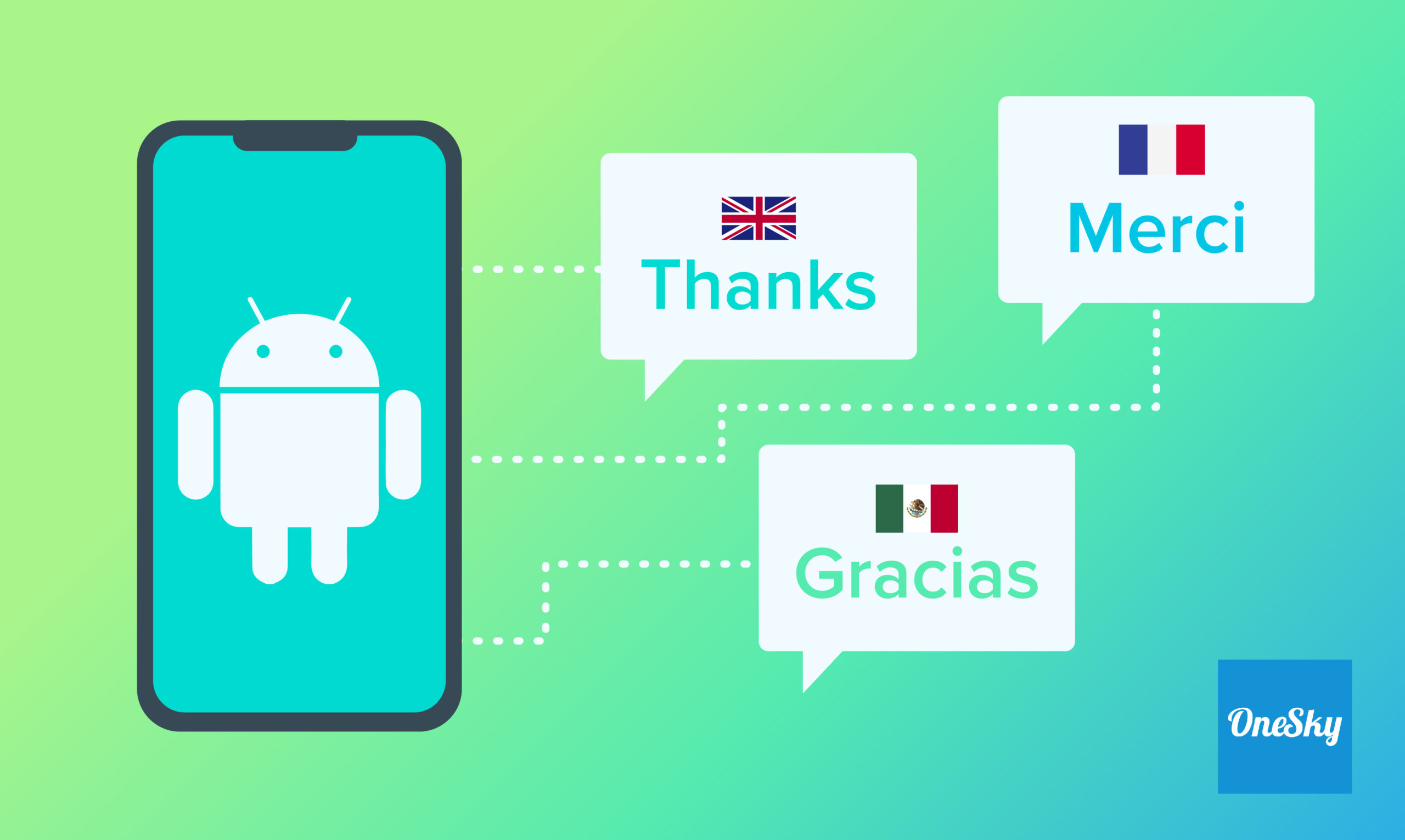
 Written by
Written by 

 Written by
Written by 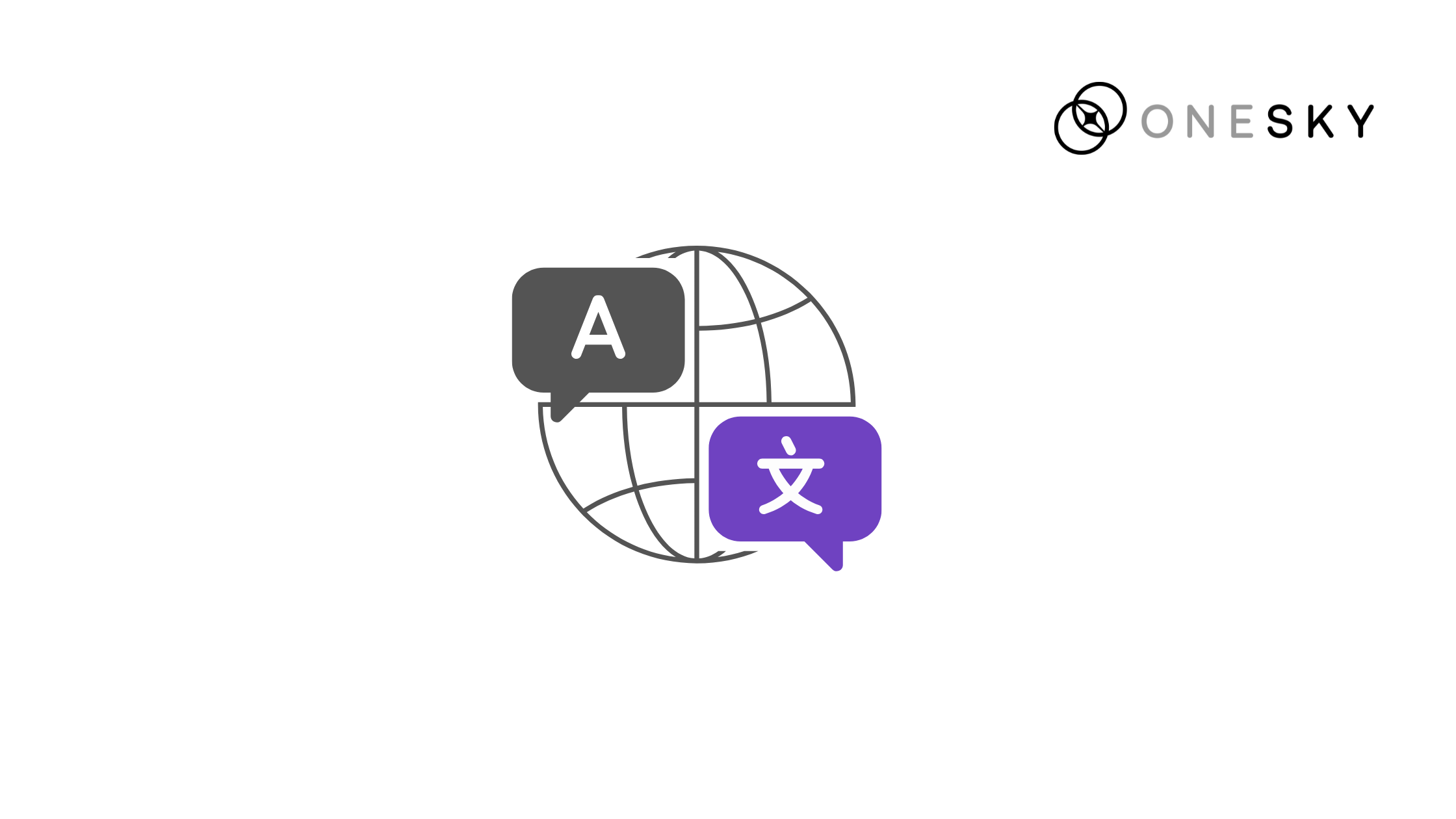
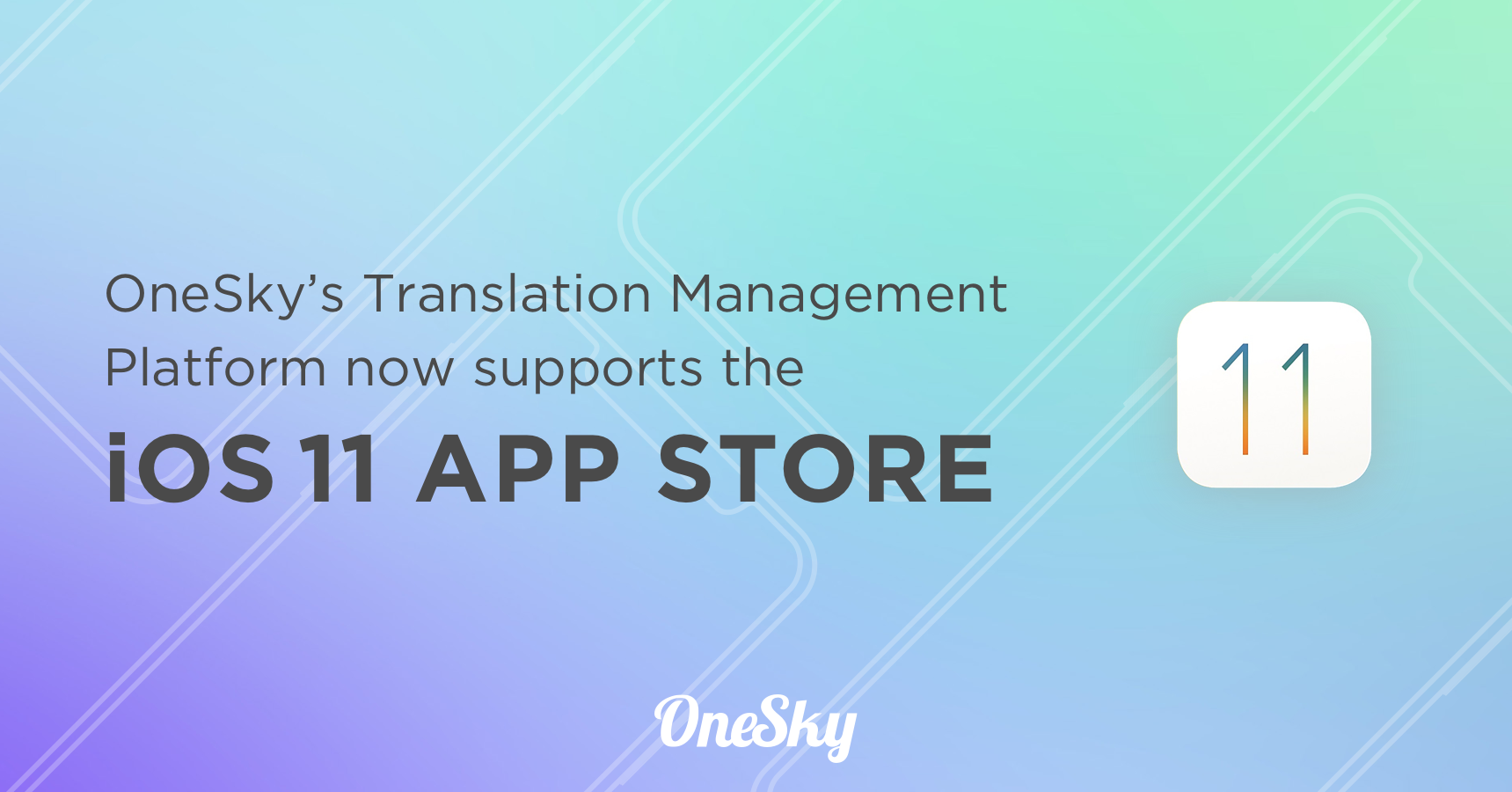
 Written by
Written by 
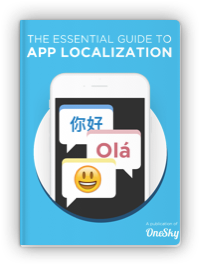
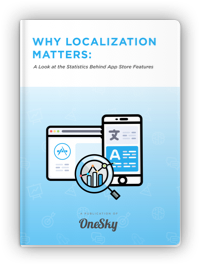
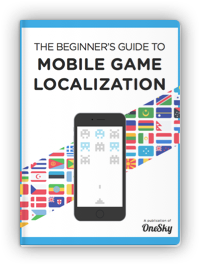
What is the point of explaining why crowdsourced localization could work, when you end up giving the perfect example of why it can’t–that Facebook trolling thing. The conclusion of your 4th point is: if you want your translation to be good, hire professional translators. No shit, Sherlock! This should be your 1st and only point!
Not to mention you completely ignore one of the most important reasons why a crowdsourced translation is totally risky: the more random people work on a project, the higher the risk of having inconsistencies is. In the game of video games, almost all of them have very complex glossaries and lists of terms that need to be consistent if you want your player to understand what you are talking about. Translating an ambitious project such as a large-scale RPG or MMORPG is a task that requires extreme coordination.
Translation is a professional effort, it is as simple as that. Let users be users.
Thanks for your comment.
I agree with most of your points. That’s why we’re building a platform to enhance the consistency of crowdsourced translation improvement. Unmonitored and unorganized crowdsourced translation can simply be disaster.
As I mentioned in the article, crowdsourced “translation” is not applicable. We suggest our clients, especially casual mobile games, to engage their users in the translation improvement process instead. This helps the team reduce the time handling translation-related requests as well as building a more user-centric product by getting them invovled into the process.
It is very true that RPG and MMORPG requires a lot more planning and back-and-forth fine tune during the translation process. However, it is also valuable to involve power players into the improvement / feedback process. A small group of private crowd can work like a charm.